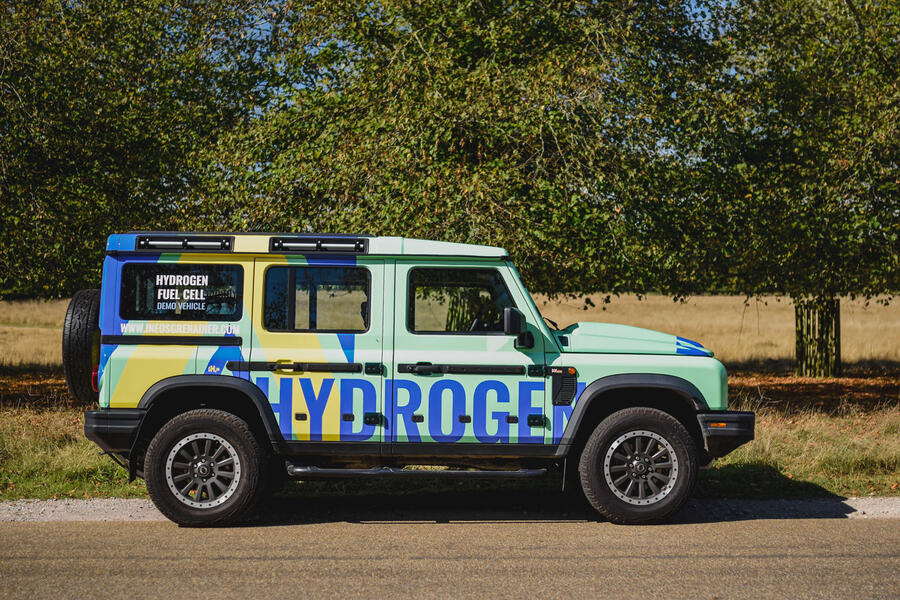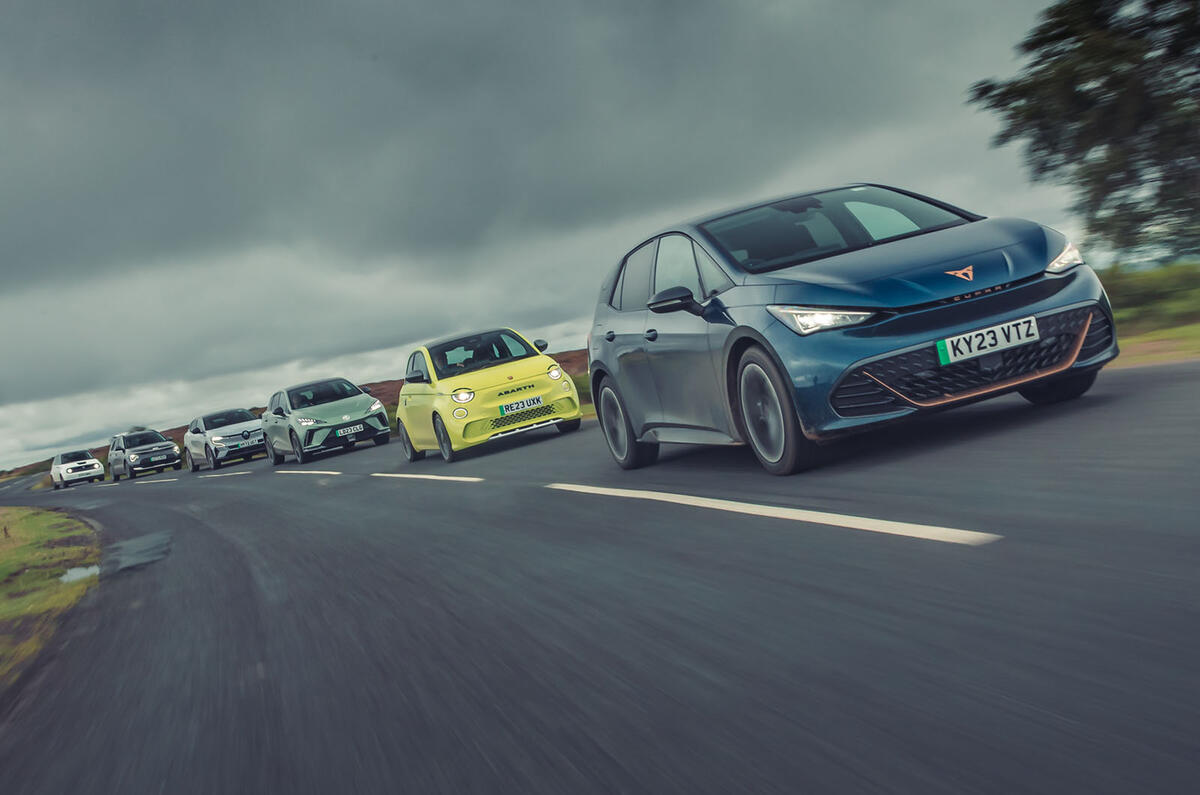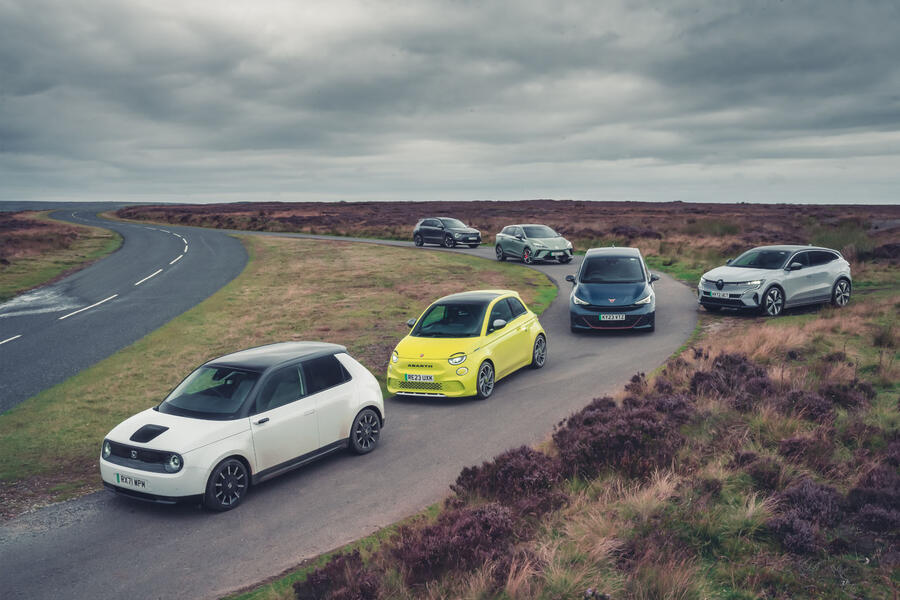Ever since 2020, when then prime minister Boris Johnson first outlined plans to ban the sale of new non-zero emission cars from 2030 onwards, there has been more confusion than clarity.
Under various subsequent UK governments, the date has moved from 2030 to 2035 and back, and all the while there has been a plan to allow the sale of certain hybrids – although nobody has yet specified exactly which sort. For car firms used to planning years in advance, it has been hugely problematic. For car buyers, this huge dollop of uncertainty has left many unsure what they should buy, or when.
But the current government has promised certainty, with a pledge to reinstate that 2030 date – and while some hybrids will be allowed on sale until 2035, there’s now finally a promise to specify details.
At the same time, the government is looking at refining some aspects of the zero-emission vehicle (ZEV) mandate, which requires firms to sell an increasing percentage of EVs to avoid punitive fines. With the targets running ahead of consumer demand, it warped the market in 2024.
The first step to clarity is an ongoing government consultation, which seeks feedback on various aspects of the ICE phaseout and ZEV mandate. As we did with the original 2020 consultation (1 July 2020) Autocar feels it is vital to make our voice heard and we have submitted our own response.
We only answered the questions that only related to vans and commercial vehicles, or on other areas where we have no direct expertise. But here is our full response to all the questions that we addressed.
We've outlined how you can have your day at the bottom of this piece.
Part 1: 2030 phase out of new ICE cars, and CO2 requirements for vans
Question 1: Do you agree with the Government’s view that full hybrid and plug-in hybrid technologies only should be considered? Please explain your answer.
Autocar supports the electrification of the UK car parc, both as a way of cutting emissions in our towns and cities and eliminating the CO2 output of cars and vans on UK roads. It is clear to us, and the wider car industry, that these are desirable outcomes. However, there are technologies other than HEV and PHEV that are also low or zero-emission capable at the tailpipe – such as hydrogen fuel cell, hydrogen combustion and synthetic e-fuels. While there are questions about the viability of such technologies, we would support a solution that encourages innovation in different energy sources that might prove viable long-term.
















Join the debate
Add your comment
The biggest barrier to EV adoption has nothing to do with the cars, it's the cost of electricity and the lack of private driveways and garages to charge the car. If you can't charge at home an EV is more expensive to run than a petrol car. Also if electricity prices were down to 10p/kWh or less (perfectly achieveable by the state not constantly meddling in the energy market, actually using the natural gas we already have and building around 8 new nuclear power plants), people will start clamouring to buy EVs and heat pumps.
Actually, we can reduce that down to just the cost of electricity. EVs are incredibly popular in Norway because of cheap electricity and no taxes.
Firsty Labour campaigned on a 2030 pure ICE ban to get the green vote, lets see if Sir Flip Flop can actually keep that promise.
Looking forward I can picture him holding up this laughable consultation paper saying he won't go against the vested parties and go back to the 2035 date, flip flopping at it's finest.
As to hydrogen cars autocar, give it a rest.
Sorry but mentioning hydrogen combustion wrecks your credibility. Just as much or even more NOX then many times the cost of petrol. Synthetic hydrocarbons at least have a heritidge role keeping classics on the road.
ultimately I don't see why they can't take the much simpler methods and just copy the legislation in Norway.
a right to charge your ev so everyone can install a charger at home. And just bump the VAT up by 10% per year on ice cars then you don't have to ban them.